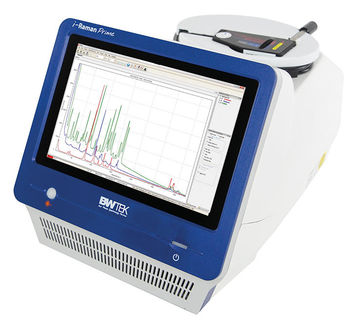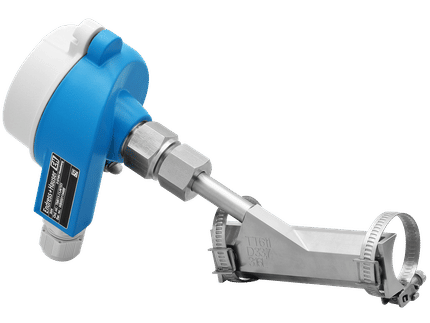To use all functions of this page, please activate cookies in your browser.
my.chemeurope.com
With an accout for my.chemeurope.com you can always see everything at a glance – and you can configure your own website and individual newsletter.
- My watch list
- My saved searches
- My saved topics
- My newsletter
Choline
Choline is an organic compound, classified as an essential nutrient[1][2][3] and usually grouped within the Vitamin B complex. This natural amine is found in the lipids that make up cell membranes and in the neurotransmitter acetylcholine. Adequate intakes (AI) for this micronutrient of between 425 to 550 milligrams daily, for adults, have been established by the Food and Nutrition Board of the Institute of Medicine of the National Academy of Sciences. Product highlight
HistoryCholine was discovered by Andreas Strecker in 1864 and chemically synthesized in 1866. In 1998 choline was classified as an essential nutrient by the Food and Nutrition Board of the Institute of Medicine (U.S.A.). ChemistryCholine is a quaternary saturated amine with the chemical formula: (CH3)3N+CH2CH2OHX−. where X− is a counterion such as chloride (see choline chloride), hydroxide or tartrate. Choline chloride, in mixture with urea is used as a solvent ( DES ) . PhysiologyCholine and its metabolites are needed for three main physiological purposes: structural integrity and signaling roles for cell membranes, cholinergic neurotransmission (acetylcholine synthesis), and as a major source for methyl groups via its metabolite, trimethylglycine (betaine) that participates in the S-adenosylmethionine synthesis pathways. When choline is metabolized by the body, it may form trimethylamine, a compound with a fishy odor. Hence, when large amounts of choline are taken the person may suffer from a fishy body odor. Choline as a supplementIt is well established that supplements of methyl group transfer vitamins B6, B12, folic acid reduce the blood titer of homocysteine and prevent heart disease. Choline is a necessary source of methyl groups for methyl group transfer. Supplements of lecithin/choline by Central Soya scientists reduced heart disease in laboratory studies. The reduction in heart disease with lecithin supplements may however relate more to the cholesterol carrying capacity of lecithin than to the methyl group transfer role of choline.[specify] Choline supplements are often taken as a form of 'smart drug' or nootropic, due to the role that the neurotransmitter acetylcholine plays in various cognition systems within the brain. Choline is a chemical precursor or "building block" needed to produce the neurotransmitter acetylcholine, and research suggests that memory, intelligence and mood are mediated at least in part by acetylcholine metabolism in the brain. The compound's quaternary amine renders it lipid insoluble and theoretically unable to cross the blood-brain barrier. However, despite choline's lipid insolubility, a choline transporter exists that allows transport across the blood-brain barrier. The efficacy of these supplements in enhancing cognitive abilities is a topic of continuing debate. The Food and Drug Administration (FDA) requires that infant formula be made from cow's milk containing choline.[4] Due to its role in lipid metabolism, choline has also found its way into nutritional supplements which claim to reduce body fat; but there is little or no evidence to prove that it has any effect on reducing excess body fat or that taking high amounts of choline will increase the rate at which fat is metabolised. SourcesThe foods richest in phosphatidylcholine — the major delivery form of choline — are egg yolks, soy and cooked beef, chicken, veal and turkey livers. Many foods contain trace amounts of free choline, even iceberg lettuce. To what extent these trace forms are usable by human digestion is still debated. In 2004, the USDA released its first database of the choline content in common foods.[5] The most often available choline dietary supplement is lecithin, derived from soy or egg yolks, often used as a food additive. Phosphatidylcholine is also available as a supplement, in pill or powder form. Supplementary Choline is also available as Choline Chloride, which comes as a liquid due to its hydrophilic properties. Choline chloride is sometimes preferred as a supplement because phosphatidylcholine can have gastrointestinal side effects. Additional imagesReferences
Categories: Alcohols | Quaternary ammonium compounds | Dietary supplements | Vitamins |
|||||||||||||||||||||||||||||
| This article is licensed under the GNU Free Documentation License. It uses material from the Wikipedia article "Choline". A list of authors is available in Wikipedia. | |||||||||||||||||||||||||||||







